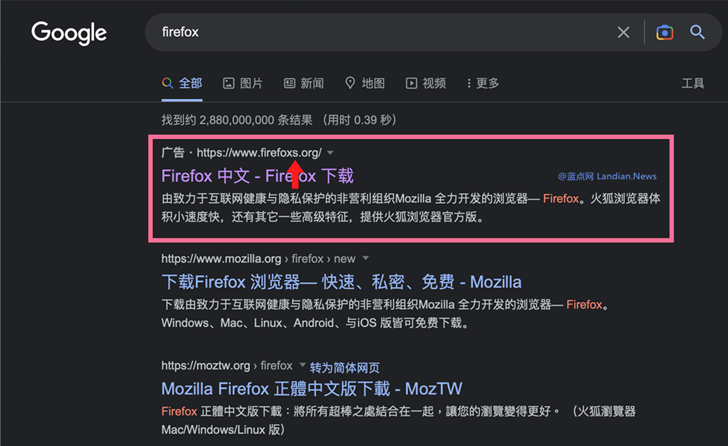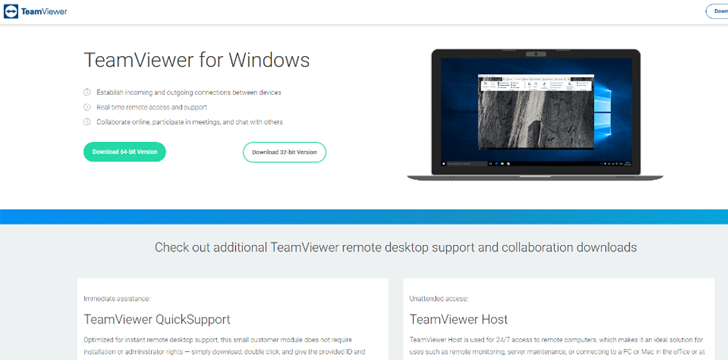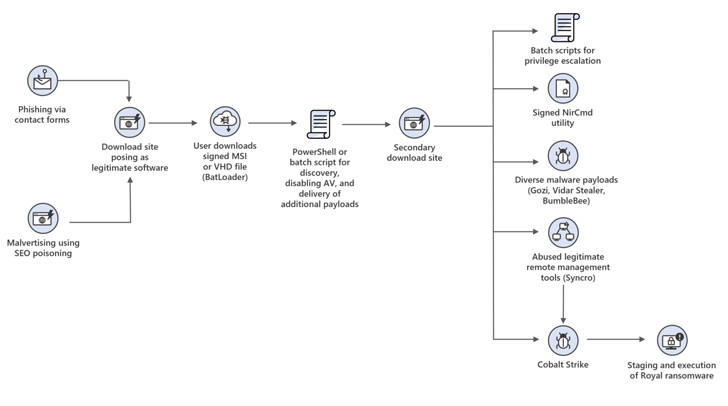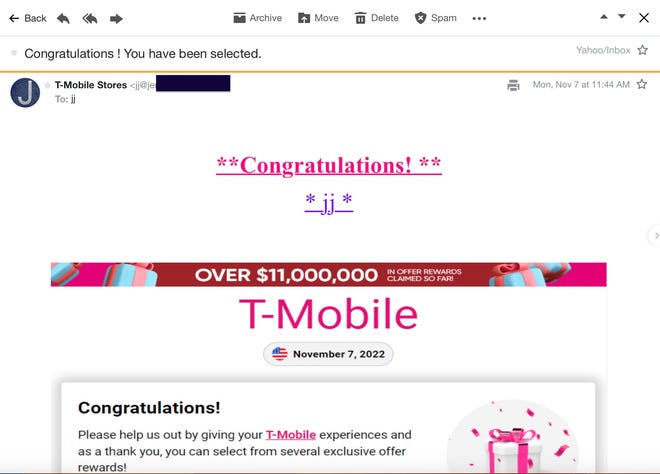Hackers Using Google Ads to Spread FatalRAT Malware Disguised as Popular Apps
Chinese-speaking individuals in Southeast and East Asia are the targets of a new rogue Google Ads campaign that delivers remote access trojans such as FatalRAT to compromised machines.
The attacks involve purchasing ad slots to appear in Google search results that direct users searching for popular applications to rogue websites hosting trojanized installers, ESET said in a report published today. The ads have since been taken down.
Some of the spoofed applications include Google Chrome, Mozilla Firefox, Telegram, WhatsApp, LINE, Signal, Skype, Electrum, Sogou Pinyin Method, Youdao, and WPS Office.
“The websites and installers downloaded from them are mostly in Chinese and in some cases falsely offer Chinese language versions of software that is not available in China,” the Slovak cybersecurity firm said, adding it observed the attacks between August 2022 and January 2023.
A majority of the victims are located in Taiwan, China, and Hong Kong, followed by Malaysia, Japan, the Philippines, Thailand, Singapore, Indonesia, and Myanmar.
The most important aspect of the attacks is the creation of lookalike websites with typosquatted domains to propagate the malicious installer, which, in an attempt to keep up the ruse, installs the legitimate software, but also drops a loader that deploys FatalRAT.
In doing so, it grants the attacker complete control of the victimized computer, including executing arbitrary shell commands, running files, harvesting data from web browsers, and capturing keystrokes.
“The attackers have expended some effort regarding the domain names used for their websites, trying to be as similar to the official names as possible,” the researchers said. “The fake websites are, in most cases, identical copies of the legitimate sites.”
The findings arrive less than a year after Trend Micro disclosed a Purple Fox campaign that leveraged tainted software packages Adobe, Google Chrome, Telegram, and WhatsApp as an arrival vector to propagate FatalRAT.
They also arrive amid a broader abuse of Google Ads to serve a wide range of malware, or alternatively, take users to credential phishing pages.
In a related development,…






